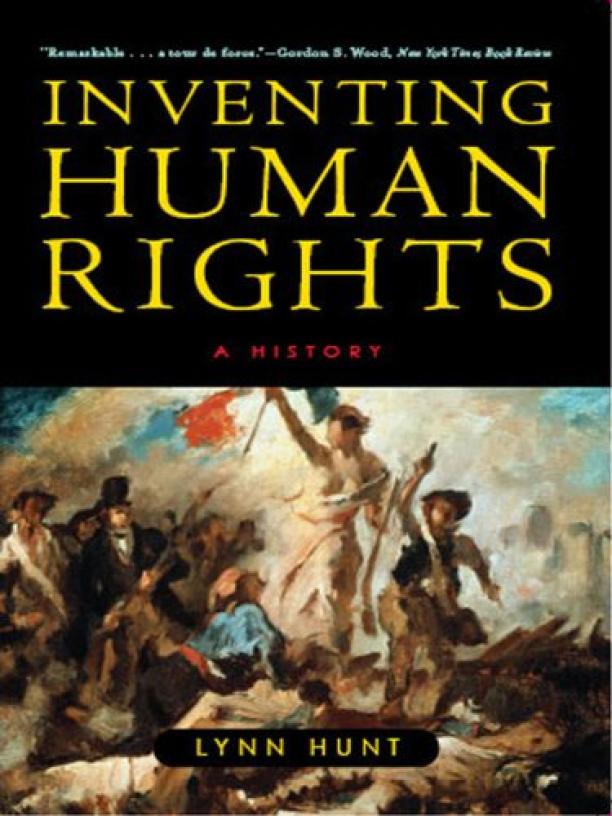Summary:
The book traces the evolution of human rights from the 18th century, examining how literature and political events like the American and French revolutions shaped the concept. It argues that the development of empathy through the novel as a literary form played a crucial role in making human rights a universal concern.
Key points:
1. Empathy and Novels: Lynn Hunt suggests 18th-century novels helped develop human rights by making readers empathize with different characters, fostering a sense of shared humanity.
Books similar to "Inventing Human Rights":
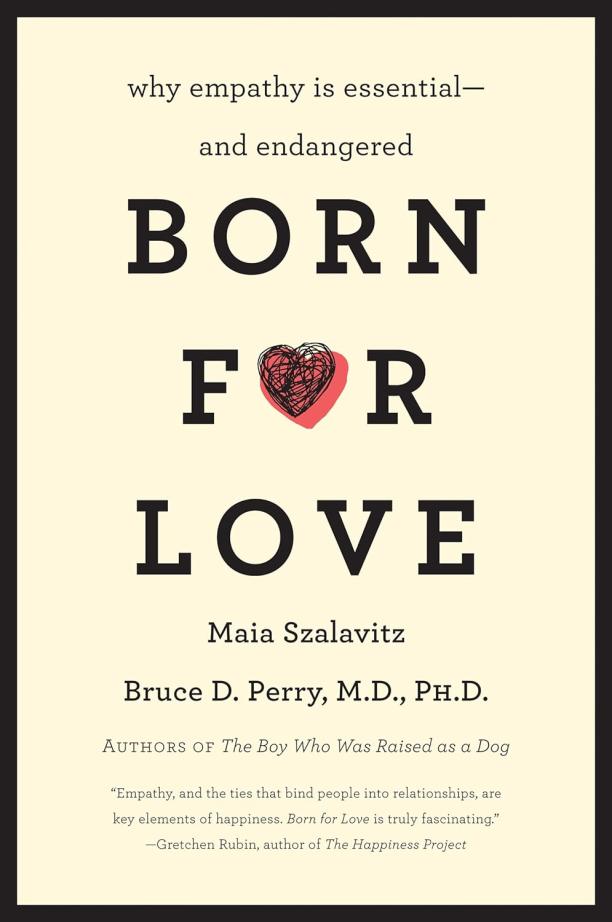
Born for Love
Bruce D. Perry|Maia Szalavitz

The Better Angels of Our Nature
Steven Pinker

These Truths
Jill Lepore

The Shape of the New
Scott L. Montgomery|Daniel Chirot
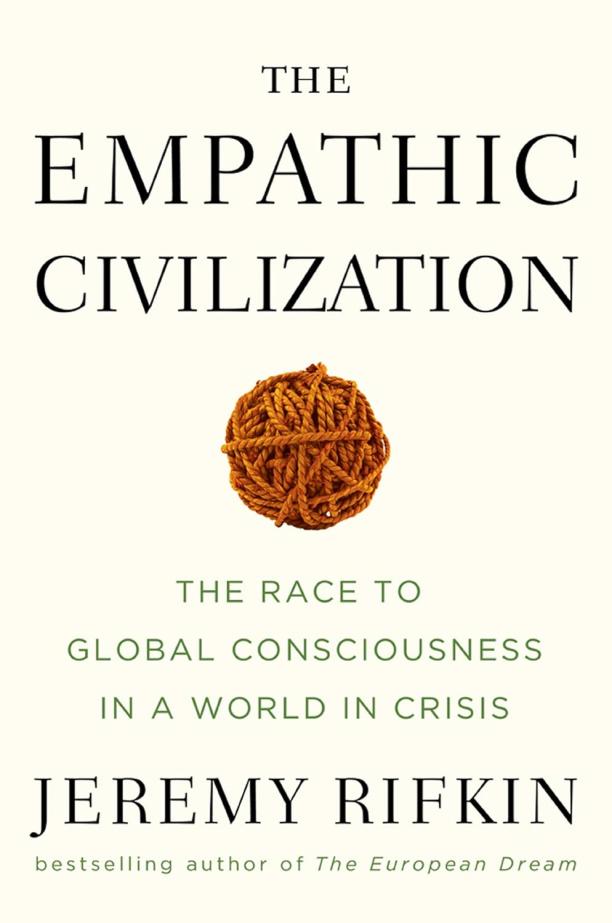
The Empathic Civilization
Jeremy Rifkin
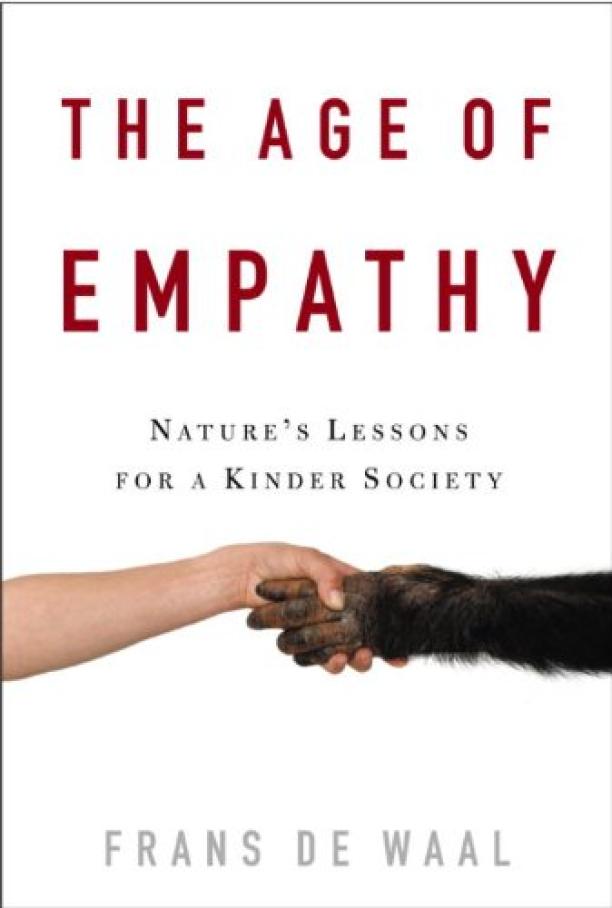
The Age of Empathy
Frans de Waal

Reading Lolita in Tehran
Azar Nafisi
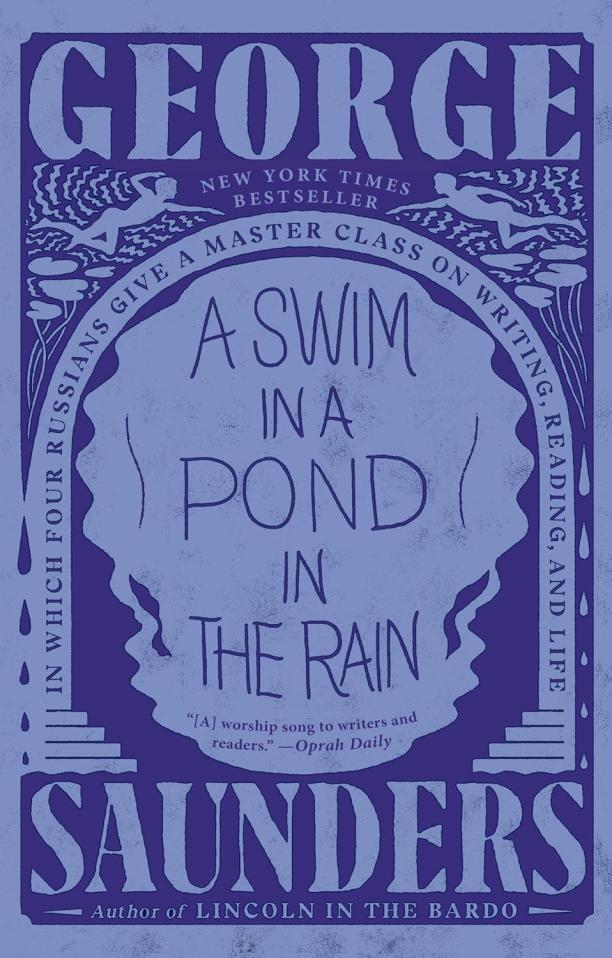
A Swim in a Pond in the Rain
George Saunders

Read This If
Thought Catalog
